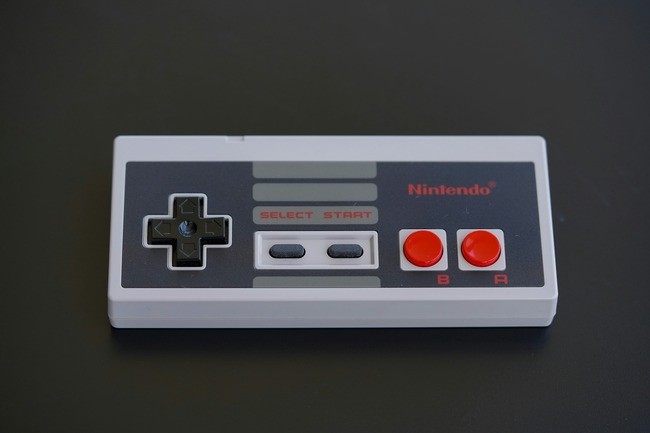
To everybody's surprise, an app with an Apple logo called Bimmy appeared in the App Store recently, giving people with iPhones and iPads the capability to relive their childhood memories. Besides that, the app's popularity was very short-lived. As soon as the app was taken down, many fans scratched their heads about what may have happened.
A Flash in the Pan: Bimmy's Brief Appearance
Just days after Apple removed the iGBA emulator, Bimmy made its debut on the App Store, marking the first approved NES emulator for iOS devices. Developed by Tom Salvo, Bimmy was touted as a tool for testing and playing public domain or "homebrew" NES games. Despite its innocent intentions, the app allowed users to load ROMs for various NES titles, including classics like Super Mario Bros. and Donkey Kong.
However, the joy of retro gaming was short-lived, as Bimmy disappeared from the App Store shortly after its release. Speculation arose regarding the reason behind its sudden removal, with some users left disappointed by the fleeting opportunity to relive their favorite childhood games on their Apple devices.
Behind the Scenes: Developer's Decision
While the public went on looking for Bimmy mysteriously unseen, the developer, Tom Salvo, dispelled the enigma. On the MacRumors Forums, Salvo posted that he quit the app because of fear and that he did so for the reason that the app's developer might take legal action against him.
Even though there was no such external motivation, Salvo chose to be extra prudent and exercise caution so as to avoid the freezing of assets or the establishment of a criminal case.
This decision highlights the uncertainty surrounding the legality of emulator apps and the potential consequences for developers. With Nintendo's recent crackdown on emulator projects, including legal action against developers and removal of emulator forks from hosting platforms, it's understandable that developers like Salvo would exercise caution when navigating the complex legal landscape.
Apple's Emulation Policy: A Shifting Landscape
Bimmy comes onto the App for a short time, while Apple moves from one position to another on emulation and game streaming services. Over the past few months, Apple changed these Guidelines to allow retro game console emulation. Nevertheless, the current situation remains unresolved for the developers, who should be accountable for the due compliance with each specific law required for each game.
The brief existence of Bimmy and his subsequent removal from the App Store serves as a stinging reminder of the challenges that developers facing emulation must overcome. One must exercise prudence when navigating legal ambiguities and the imminent prospect of a lawsuit.
Retro game fans are excitedly awaiting what lies ahead since emulator apps like Bimmy's are still unknown due to the rapid evolution of technological developments. Notwithstanding the difficulties, Bimmy's tale demonstrates the timeless attraction of vintage NES games and the willingness of creators to adapt these sentimental experiences for contemporary platforms.
Both consumers and developers need to be aware of the constantly evolving legal and technological landscape as the emulation landscape changes and be flexible.
Related Article : Game Boy Emulator For IPhone Now Available In App Store Post Rule Change
© Copyright 2025 Mobile & Apps, All rights reserved. Do not reproduce without permission.

















